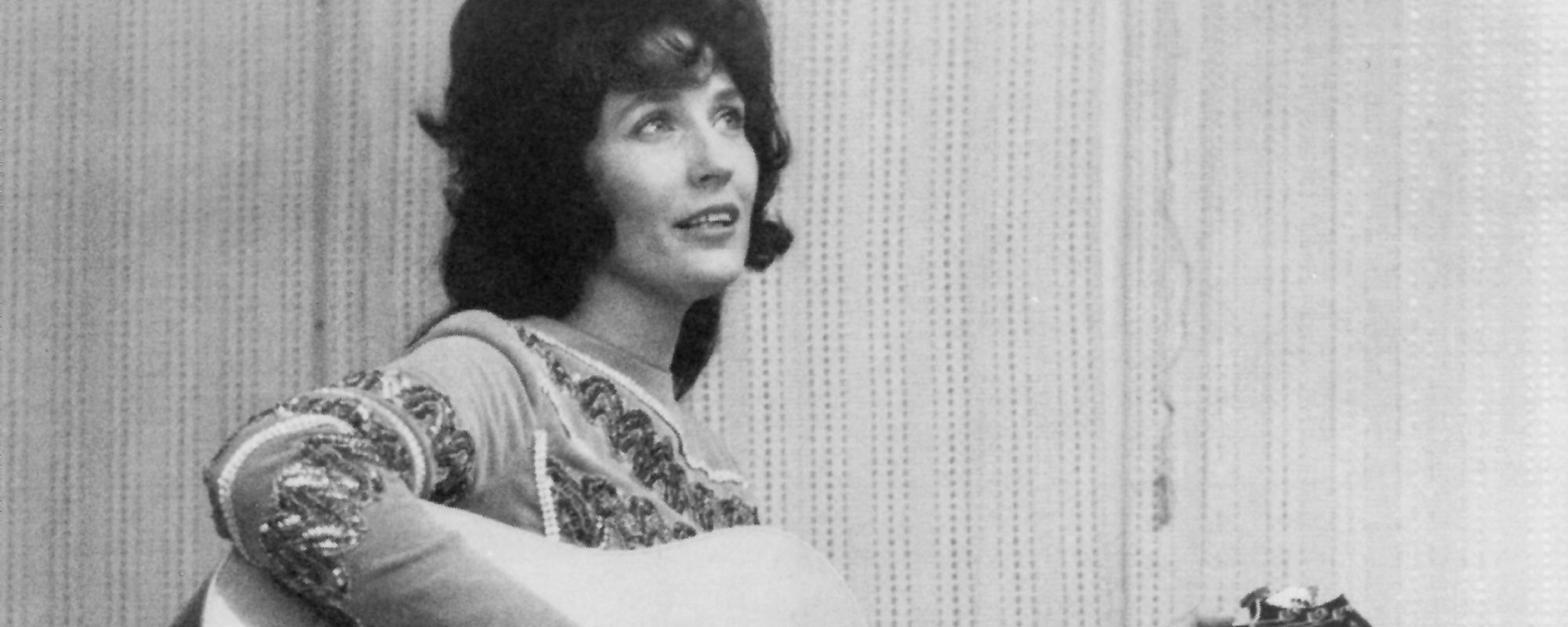Chris Cornell once said that people didn’t appreciate the lyrics to “Rusty Cage” until Johnny Cash covered the Soundgarden classic. But this is part of Cash’s legacy and his history of transforming songs written by others into something uniquely his own, most notably, his emotionally haunting cover of “Hurt” by Nine Inch Nails.
Videos by American Songwriter
It’s on the same album where Cash recorded “Rusty Cage”, that the Man in Black also cut Tom Petty’s “Southern Accents”. Unchained arrived in 1996 as the second in the Rick Rubin-produced American series. If Petty’s song sounds comfortably at home with Cash, it’s because Petty and his Heartbreakers were also the backing band on the album.
About “Southern Accents”
Speaking about “Southern Accents”, Petty, a Florida native, said, “I came from a real Southern family, and I wanted to address that world.”
On an earlier hit, “Refugee”, Petty used an exile metaphor to explain a busted romance. A splintered couple where one flees from the other. “Southern Accents” begins by describing how others view Southern culture. And perhaps Petty felt like a refugee as he navigated the world while touring in a famous rock band.
There’s a Southern accent, where I come from
The young’uns call it country
The Yankees call it dumb.
Yet in Cash’s weathered voice, the same words sound less like a lonesome ballad than a Southern anthem. Cash was 64 when he released Unchained. Petty was just 34 when Southern Accents arrived.
Both offer a meditation on Southern culture, but Cash’s cadence, half-spoken, echoes a weary traveler performing a folk relic. Some shiny diamond of a tune to explain a culture to others who often observe it as an anthropological study.
“Rusty Cage”
The Southern Gothic vibe behind Cornell’s song describes a yearning to be free. A trapped animal busting loose. But in Cash’s voice, phew! It’s no wonder people started telling Cornell how great the words are.
When the forest burns along the road
Like God’s eyes in my headlights.
If you’ve never read poetry, now you have. So in Petty’s tune, when Cash sings, he clings to each lyric, milking every last syllable. Because the story is the heartbeat and soul of country music. And Cash’s drawl makes certain every word is absorbed and understood.
We have our own way of livin’
And everything is done
With a Southern accent
Where I come from.
When Cash and Petty explain Southern life, what they are describing is home. If you’ve ever moved away from where you grew up, you’ll recognize the tug you occasionally feel. You don’t have to have been born below the Mason-Dixon line to appreciate the grounding security of one’s roots.
But Petty ended up in California, and he wrote “Southern Accents” to explain where he’s from. Then Cash resettled Petty’s ballad in its final resting place. He brought it back home.
Photo by Alan Messer













Leave a Reply
Only members can comment. Become a member. Already a member? Log in.